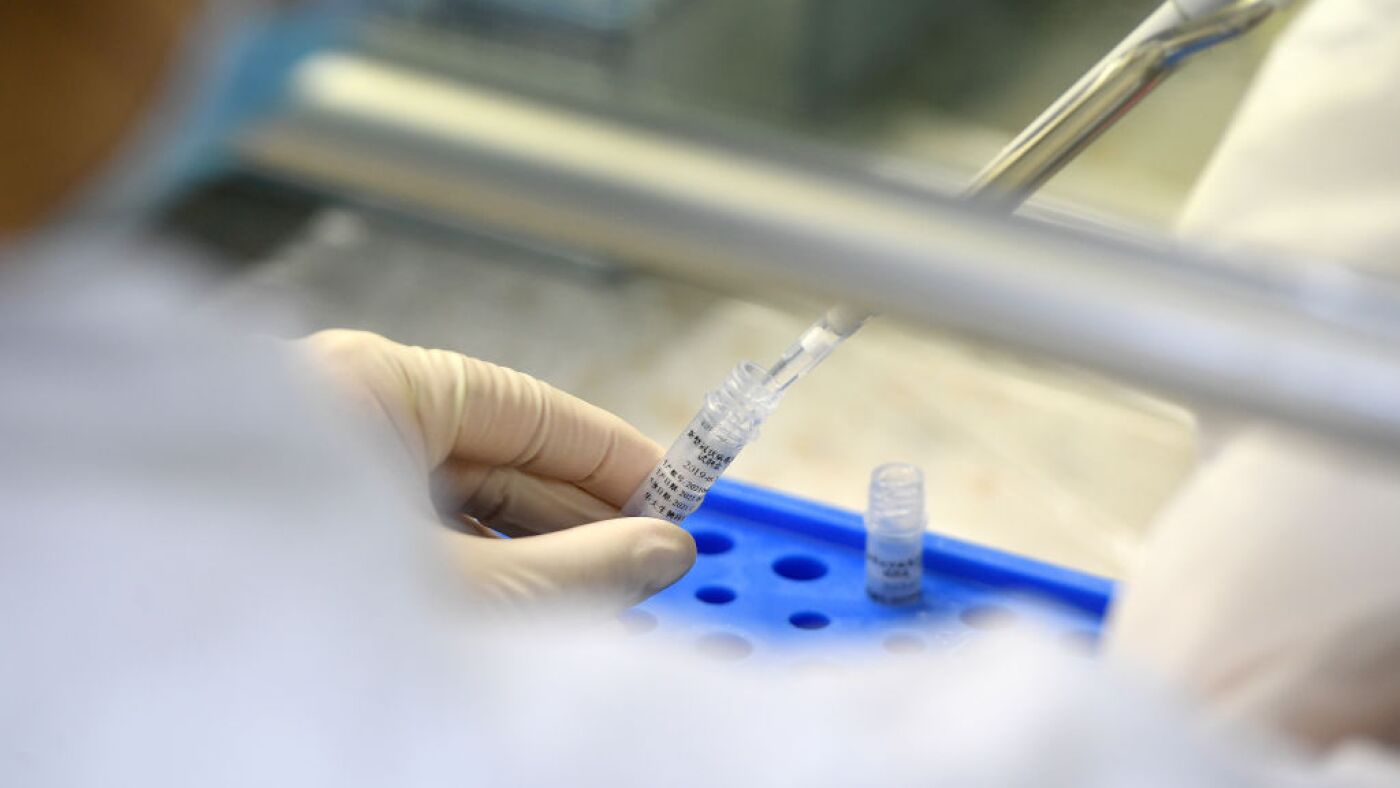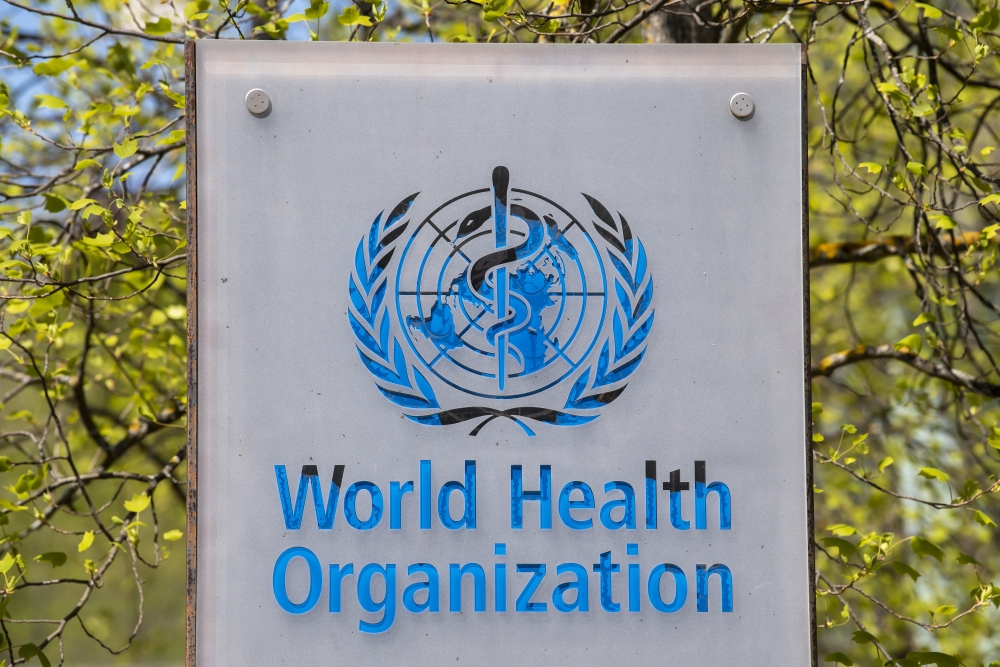Gut Feeling: How Probiotics Might Ease Your Mental Stress
Health
2025-04-16 12:45:00Content

Unlocking the Mood-Boosting Power of Probiotics: A Natural Path to Emotional Well-being
Emerging research suggests that probiotics might be more than just a digestive health supplement. These beneficial bacteria could hold the key to improving your daily emotional state and reducing negative feelings. Studies indicate that consistent probiotic consumption over approximately two weeks may help stabilize mood and promote a more positive mental outlook.
By supporting gut health and potentially influencing brain chemistry, probiotics offer a promising natural approach to emotional wellness. The intricate connection between our gut and brain means that these tiny microorganisms might play a significant role in regulating mood and emotional responses.
For those seeking a holistic method to enhance their emotional resilience, incorporating probiotics into their daily routine could be a simple yet effective strategy. Whether through supplements or probiotic-rich foods, this approach offers a gentle, natural way to potentially uplift your mood and combat daily emotional challenges.
Unlocking Emotional Wellness: The Surprising Power of Probiotics on Mental Health
In the intricate landscape of human wellness, emerging scientific research is shedding light on an unexpected ally in our quest for emotional balance. Beyond their well-known digestive benefits, probiotics are revealing a profound connection to our mental and emotional well-being, challenging traditional understanding of how microscopic organisms can influence our psychological state.Discover the Groundbreaking Link Between Gut Microbes and Emotional Resilience
The Neurological Symphony of Microbial Interactions
The human body represents a complex ecosystem where trillions of microorganisms engage in intricate communication with our neurological systems. Recent scientific investigations have uncovered a fascinating dialogue between gut bacteria and brain chemistry, suggesting that the microbiome plays a far more significant role in emotional regulation than previously understood. Researchers have observed that specific probiotic strains can modulate neurotransmitter production, potentially influencing mood patterns and emotional responses. Neurobiological studies demonstrate that certain probiotic cultures can stimulate the production of serotonin and dopamine, neurotransmitters critically responsible for regulating emotional states. These microscopic organisms act as biological conductors, orchestrating a delicate neurochemical balance that impacts our psychological experiences.Emotional Resilience Through Microbial Intervention
The transformative potential of probiotics extends beyond mere physiological maintenance. Longitudinal studies tracking participants over extended periods have revealed compelling evidence of emotional stabilization through consistent probiotic consumption. Individuals who incorporated targeted probiotic supplements experienced measurable reductions in anxiety and depressive symptoms, suggesting a promising therapeutic approach to mental health management. Neuropsychological research indicates that the gut-brain axis serves as a sophisticated communication network, where microbial populations can directly influence neural pathways responsible for emotional processing. This intricate relationship challenges conventional understanding of mental health interventions.Biochemical Mechanisms of Emotional Modulation
Sophisticated biochemical mechanisms underpin the emotional regulatory capabilities of probiotics. These microscopic organisms produce metabolites and neurotransmitter precursors that interact with the central nervous system, potentially mitigating stress responses and promoting emotional equilibrium. Cutting-edge research suggests that specific probiotic strains can reduce cortisol levels, the primary stress hormone associated with negative emotional states. Immunological markers also demonstrate significant correlations between probiotic intake and improved emotional resilience. The inflammatory response, closely linked to mood disorders, appears to be modulated by strategic probiotic interventions, offering a holistic approach to emotional wellness.Personalized Probiotic Strategies for Emotional Health
While promising, the effectiveness of probiotics varies among individuals due to genetic, environmental, and lifestyle factors. Personalized approaches that consider an individual's unique microbiome composition offer the most promising outcomes. Advanced diagnostic techniques now enable precise identification of probiotic strains most compatible with specific emotional health objectives. Integrative healthcare professionals recommend comprehensive assessments that examine an individual's gut microbiome, genetic predispositions, and emotional health history to develop targeted probiotic interventions. This precision medicine approach represents the future of emotional wellness strategies.Future Horizons of Microbial Mental Health Research
The frontier of probiotic research continues to expand, with emerging technologies promising increasingly sophisticated understanding of microbial influences on emotional states. Interdisciplinary collaborations between microbiologists, neurologists, and psychologists are uncovering increasingly nuanced insights into this revolutionary field. Technological advancements in genomic sequencing and artificial intelligence are enabling more comprehensive analyses of microbial interactions, potentially revolutionizing our approach to mental health treatment. The convergence of these disciplines holds transformative potential for understanding human emotional experiences.RELATED NEWS
Health

Crozer Health's Closure Sends Shockwaves: Patients and Staff Reel from Sudden Shutdown
2025-05-01 22:25:53
Health

Shocking Transformation: How 2 Weeks of Western Diet Wreaks Havoc on Your Body
2025-04-07 00:51:41






